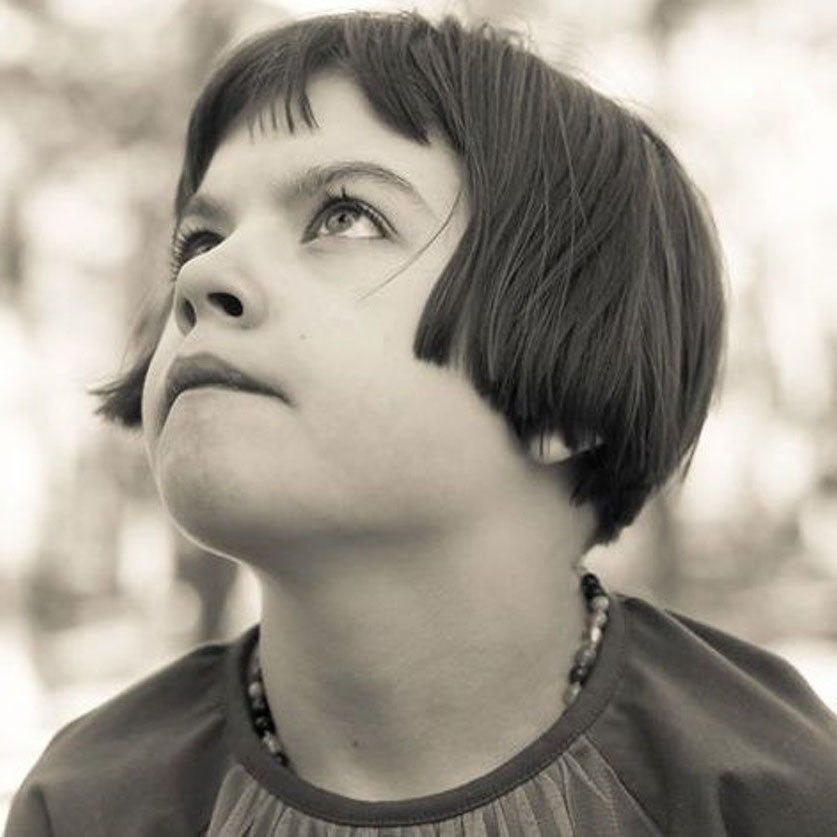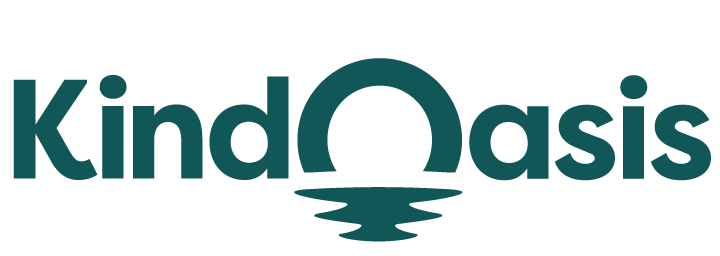
Charlotte Figi, a young girl who became the face of the medical marijuana movement, played a significant role in the push for the legalization of cannabidiol (CBD) in the United States. Her story, fraught with struggle and hope, highlighted the potential benefits of CBD for patients suffering from debilitating conditions.
The Struggle: Charlotte's Early Years
Born on October 18, 2006, Charlotte Figi was diagnosed with Dravet syndrome, a rare and severe form of epilepsy, at just three months old. Dravet syndrome causes frequent and intense seizures, which Charlotte experienced daily. By the age of three, she was having up to 300 grand mal seizures per week, which left her unable to walk, talk, or eat. Traditional medications were either ineffective or had severe side effects, leaving Charlotte's family desperate for a solution.
A Glimmer of Hope: Discovering CBD
Charlotte's parents, Matt and Paige Figi, discovered a video of a young boy with Dravet syndrome in California who had found relief through medical marijuana. They were determined to try it for Charlotte and began researching the potential benefits of CBD, a non-psychoactive compound found in cannabis.
The Figis eventually connected with the Stanley Brothers, a group of cannabis growers in Colorado, who had been developing a strain of marijuana high in CBD and low in THC (the psychoactive compound). This strain, later named "Charlotte's Web" in Charlotte's honor, was the key to Charlotte's recovery.
The Turning Point: Charlotte's Web
After receiving her first dose of CBD oil derived from Charlotte's Web, Charlotte experienced an immediate and dramatic improvement. Her seizures decreased from hundreds per week to just a few per month, and she was able to regain her ability to walk, talk, and eat. Charlotte's story caught the attention of the media, and she was featured in a CNN documentary called "Weed," which explored the potential medical benefits of cannabis.
The Impact: Accelerating CBD Legalization
Charlotte's story resonated with millions of people worldwide and helped to destigmatize the use of medical marijuana and CBD for the treatment of epilepsy and other conditions. Her case became a rallying point for families seeking access to medical marijuana and prompted a wave of legislative change across the United States.
Since then, the majority of U.S. states have legalized medical marijuana, and the 2018 Farm Bill federally legalized hemp-derived CBD, opening the door for more research and wider access to CBD products. The FDA has also approved Epidiolex, a CBD-based drug, for the treatment of Dravet syndrome and Lennox-Gastaut syndrome, two severe forms of epilepsy.
Thank you Charlotte:
Her struggle and her family's determination to find a solution led to the widespread recognition of CBD's potential benefits. Her legacy lives on in the countless lives touched by CBD and the ongoing push for expanded research and access to medical marijuana. As we remember Charlotte and her impact, we are reminded of the importance of continued advocacy for patients in need and the need for further research to uncover the full potential of CBD and medical marijuana.

